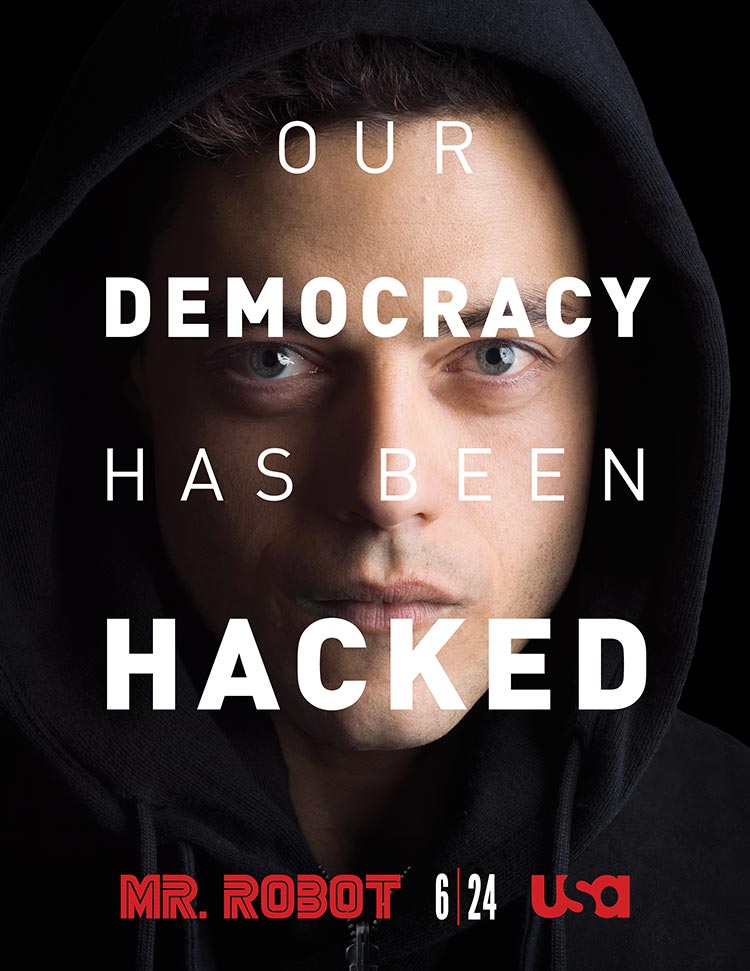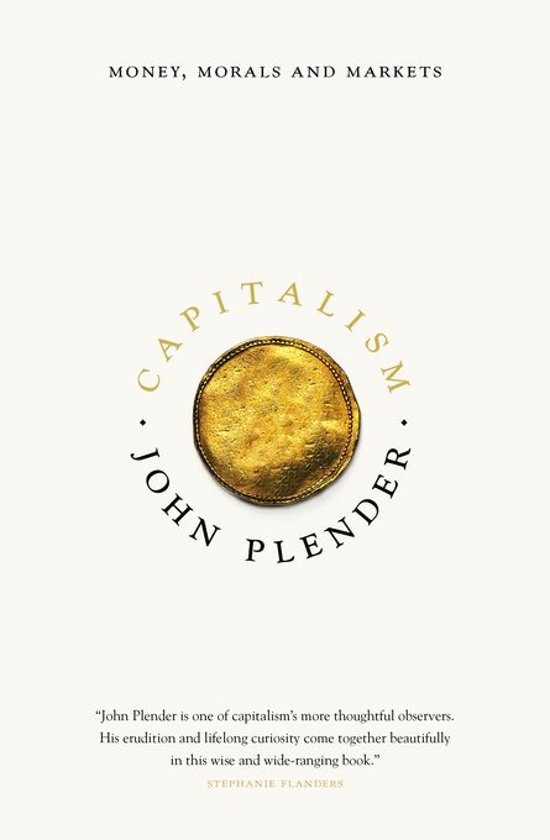 Verily, we live in a golden age of television. My Freeview box runneth over with dramas being recorded, to be consumed from a nearby sofa unhealthily soon and close together: currently Homeland, River, The Last Kingdom, Fargo, The Returned. More to follow, I have no doubt. Meanwhile there is Amazon Prime and the brave new world of streamed series available through online retailers (I haven't dared subscribe to Netflix: probably I would give up reading altogether). Here I can report mixed results: I gave up on Hand of God after a few episodes, probably on the grounds of the sheer unpleasantness of the leading duo, the mad judge - brilliantly played by Ron Perlman, mark you - and his psycho sidekick, a pairing without the charm of Walter White and Jesse, who must have been in the mind of the production team. The Man in the High Castle scored higher on whatever undemanding barometer I was using and I look forward to the full season in November. Yesterday I tried out episode one of Black Sails, terrific stuff probably aimed at viewers less than half my age. I shall be surrendering to its frantic plot-driven charms in due course.
Verily, we live in a golden age of television. My Freeview box runneth over with dramas being recorded, to be consumed from a nearby sofa unhealthily soon and close together: currently Homeland, River, The Last Kingdom, Fargo, The Returned. More to follow, I have no doubt. Meanwhile there is Amazon Prime and the brave new world of streamed series available through online retailers (I haven't dared subscribe to Netflix: probably I would give up reading altogether). Here I can report mixed results: I gave up on Hand of God after a few episodes, probably on the grounds of the sheer unpleasantness of the leading duo, the mad judge - brilliantly played by Ron Perlman, mark you - and his psycho sidekick, a pairing without the charm of Walter White and Jesse, who must have been in the mind of the production team. The Man in the High Castle scored higher on whatever undemanding barometer I was using and I look forward to the full season in November. Yesterday I tried out episode one of Black Sails, terrific stuff probably aimed at viewers less than half my age. I shall be surrendering to its frantic plot-driven charms in due course.
But my latest binge has been the hackers-take-on-the-corporate-beast saga Mr Robot. This took me back to one of the first TV series to grip me, The Changes, based on the trilogy of novels by Peter Dickinson. I used to come home from school avid to see this drama in which a collective lunacy leads to the smashing of machines and the pursuit of the technologically literate as witches. Years on, nervousness about our own Frankenstein creations grows: witness Humans, the Channel 4 series in which robots, or 'synths', produced as domestic helps, start to exhibit traits which makes them indistinguishable from their human masters (in other words, the only story you can ever really have in a drama about robots). In Mr Robot, post-2008, post-Snowden, post-Ashley Madison, machines are both enemy and friend. Enemy, when they take the form of massive databases storing personal information and the world's debt; friends, when they are laptops used by brilliant hackers to bring down the beast.
Mr Robot is the story of Eliot (Elliott?), IT worker by day in a computer security company, and hacker by night, obsessively driven to hack into anything that takes his interest, but using his powers to do good, nailing the runners of a paedophile network, for example, in the illustrative opening scene. The story leads him into battle with the dragon E Corp, which actually calls itself in some kind of postmodern metafictional irony, Evil Corp. Eliot runs into a group of hackers who are bent on deleting all records of debt (think, though: your money is itself a debt that the bank owes you; your current account is from the bank's point of view a liability) and thus freeing the world from the grip of neoliberal capitalism. In another irony, this idea is itself a debt to Fight Club, a detail much noted by Amazon reviewers. In fact, Mr Robot is full of this kind of intertextual reference and in a long line of enquiry about the collapsing categories of virtual and real (Borges saw it all coming in Tlön, Uqbar, Orbis Tertius). Mr Robot himself is the architect of this ambitious scheme, and it is suggested pretty early on that he may be a product of Eliot's imagination.
About halfway through, the plot of Mr Robot loses direction and it becomes instead a trawl through Eliot's inner demons. It goes inwards just when it needs to go outward and explore the actual world a bit more. There are other annoyances: Eliot himself fits too neatly into the caricature of the brilliant IT nerd, and the team of hackers are similarly the usual gang of the variously disenchanted, airlifted in from some eighties movie by the looks of it and strangely undisturbed in their work by the attentions of the NSA. Their brandname of fsociety is distressingly juvenile. Sympathy for Eliot largely evaporated in my case when, as part of some daring break-in scheme, he has to behave in an absolutely foul manner to a blameless employee who is only being friendly. A psychotic executive is brought in to spice things up in a sub-plot that is hard to follow. The end, as we must expect in these cases, is a submission for a second season.
Still, many good things too. Excellent performances all round. One thing I notice in series these days is a much more sophisticated use of music and sound design to build atmospheres. This was part of the shocking and moving effect of a scene involving a car and a prison. for a while I thought it was all too binary, good little guys in denim pitched against the men in suits. But then I realised that the series is smart enough to see flaws in the Great Hacking Scheme, too: namely, once you have toppled the Capitalist Monster what are you going to put in its place? (In the final scenes, I wondered where all the plebs and execs partying actually got their money from). There are two brilliant passages of rapid condensed media studies discourse on the world as we experience it being essentially fake, a mind control system created by big business for its own ends. Lyotard, Chomsky ... eventually, ideas from anywhere get packaged as entertainment. And finally there is the irony of seeing an anti-corporate drama commissioned and streamed by the corporate giant Amazon (A Corp?) for our own entertainment, pushing away the real world for a while with a commercial fiction. Illusion upon illusion. I watched this series the same week that Talktalk were humbled by a hack, first ascribed to some jihadist group but now, we are told, allegedly conducted by game-obsessed teenagers. Perhaps Dickinson's luddites were right all along. Off to the garden shed to find a mallet. Down with machines and their sinister codes, and back to a life of honest toil in the fields of Old England.


